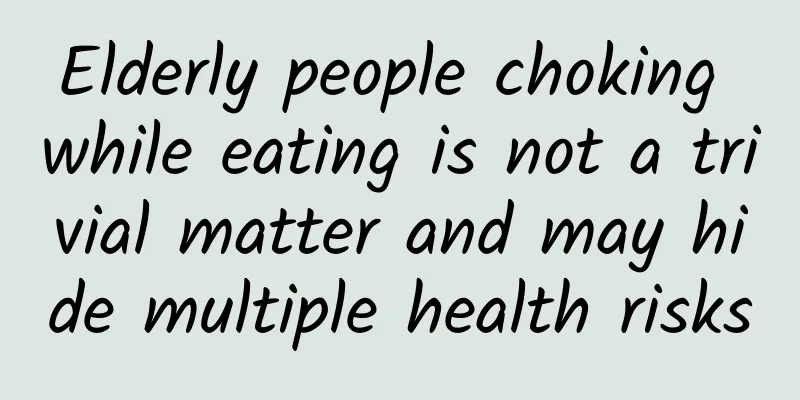Can junior high school students donate blood? What kind of people can donate blood?

|
Many people are willing to donate blood as it is beneficial to their own health and can help others. However, there are many things to pay attention to when donating blood. So can junior high school students donate blood? What kind of people can donate blood? The following editor will share with you one by one, hoping to help you. Can junior high school students donate blood?Junior high school students cannot donate blood. Because voluntary blood donation is a voluntary act of citizens, it needs to be decided by people with full capacity for conduct, so 18 years old is the minimum age for voluntary blood donation. In addition, considering the health of blood donors, 55 years old is generally stipulated as the upper limit of blood donation, but it does not mean that people over 55 years old are absolutely prohibited from donating blood. If they are in good health and pass the relevant examinations before blood transfusion, they can donate blood. Who can donate blood?Generally, the age is between 18 and 55 years old, and the weight is 50 kg for men and 45 kg for women. If you are healthy and have no history of genetic diseases, you can participate in blood donation. Before donating blood, you must ensure adequate sleep and a light diet. If you eat a greasy diet, your blood lipids may be high, and the doctor will recommend that you come back next time. People with certain diseases cannot donate blood1. Diseases transmitted through blood (hepatitis B, hepatitis C, syphilis, AIDS); 2. Allergic diseases (frequent urticaria, bronchial asthma, etc.); 3. Cardiovascular system diseases (heart disease, hypertension, myocarditis, etc.); 4. Respiratory diseases (chronic bronchitis, emphysema, pulmonary insufficiency, etc.); 5. Digestive system diseases (gastroduodenal ulcer, chronic gastroenteritis, chronic pancreatitis, etc.); 6. Urinary system diseases (urinary tract infection, renal insufficiency, etc.); 7. Blood system diseases (anemia, leukemia, thrombocytosis, polycythemia vera, etc.); 8. Malignant tumor diseases (such as lung cancer, gastric cancer, liver cancer, etc.), mental illness, etc. |
<<: Which direction can't the head of the bed face? Why can't the head of the bed face west?
>>: What are the side effects of the IUD? What should I pay attention to when taking out the IUD?
Recommend
What causes thick uterine wall? Estrogen is to blame
The thick uterine wall in women is an abnormal ph...
How long after drinking Sprite can I breastfeed?
During breastfeeding, you can drink a small amoun...
Help expectant mothers relieve pain, maternity care knowledge worth collecting
Pregnancy is a major event in life and should not...
What to do if there are lumps in the milk during confinement
Pregnant women are prone to breast engorgement af...
Can I eat bird's nest during my period?
I believe many friends are familiar with the food...
Women with many moles are more likely to have breast cancer
Two research reports recently published in PLOS Me...
Uterine fibroids 6 cm
The incidence of uterine fibroids is still very h...
Canalys: India's smartphone shipments reached 37.2 million units in the fourth quarter of 2024, a year-on-year decrease of 4%
According to the latest research from Canalys, sm...
Is vaginal ultrasound better or B-ultrasound better?
B-ultrasound is a necessary item in pregnancy che...
Do women need to wear underwear when wearing swimsuits?
Swimming is an activity that requires a lot of ex...
Can I get pregnant six months after induced abortion?
In real life, some women have had induced abortio...
The inner voice behind “I don’t want to go to school”: the secret of school phobia
Author: Liang Jingjing, deputy chief physician, W...
Why do I have knee pain after giving birth?
After ten months of pregnancy, giving birth is a ...
Can I have sex if I'm HPV43 positive?
The cervix is infected with HPV, and it is type...
A guide to slimming down for women in their thirties
Time is a woman's biggest enemy. After a woma...









